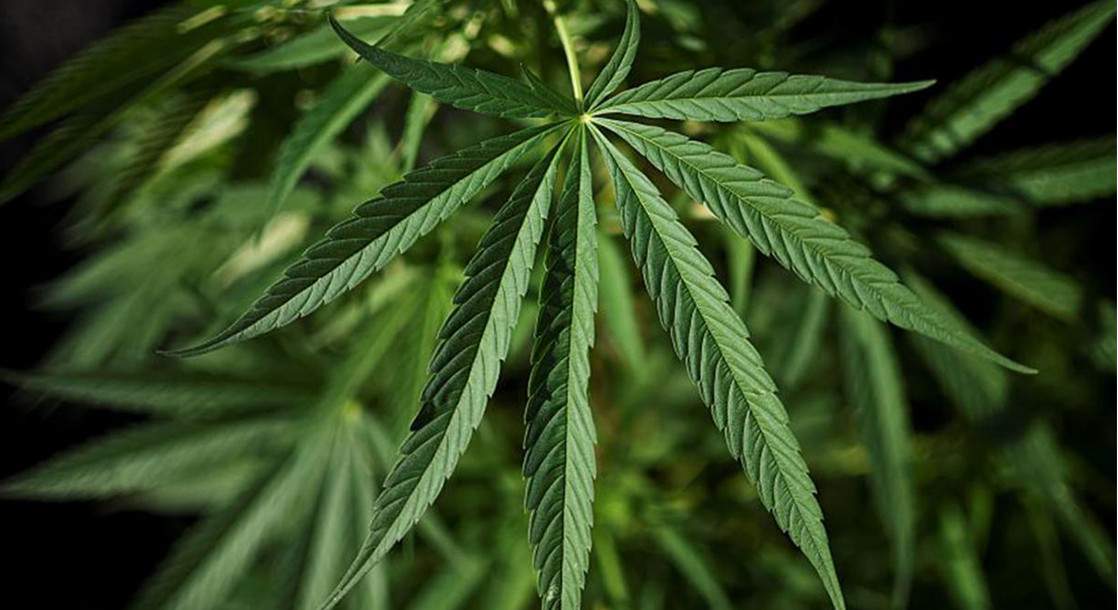A team of British and American researchers have just completed the first stage of an intriguing new study investigating whether microdoses of LSD can effectively treat Alzheimer’s disease.
The study, recently published in the journal Psychopharmacology, is one of the first placebo-controlled clinical trials to explore the therapeutic potential of LSD. In this initial Phase I trial, researchers demonstrated that older subjects were able to handle small, regular doses of LSD safely. This research paves the way for a more robust Phase II trial, which will explore whether the anti-inflammatory properties of LSD could treat the symptoms of Alzheimer’s or other neurodegenerative diseases.
For the initial experiment, researchers recruited 48 healthy older adults, all of whom were 63-years-old on average. Then, the researchers randomly divided them into four dosage groups. Three of the groups received either 5, 10, or 20 microgram doses of LSD, while the fourth group received a placebo. Over the next three weeks, subjects were given six doses each, one every four days. The largest of these doses – 20 micrograms – is significantly lower than the standard hallucinogenic dose of LSD, which is around 100 to 200 micrograms.
After subjects took the microdoses or placebo, researchers monitored their heart rate, blood pressure, and other vital signs. Researchers also gave the subjects a battery of cognitive tests to identify whether the microdoses impacted subjects’ reaction time, memory, balance, or visual attention. Finally, subjects were asked to self-report whether they felt any psychoactive effects, such as an inability to concentrate or a feeling of being high.
None of the subjects suffered adverse reactions from the LSD, and researchers did not detect any abnormalities in the vital signs, physical examinations, or test results of subjects in any of the three microdose categories. In a follow-up examination one month after the trial, no long-term adverse effects were discovered. The only negative side effect reported by the experimental group was an increase in mild to moderate headaches.
“These findings support the feasibility of using intermittent low dose LSD treatment in clinical therapeutic strategies and open the door for larger studies designed to evaluate anxiolytic, antidepressant, pro-cognitive, and anti-inflammatory efficacy in a clinical population, including specific evaluation as a disease-modifying therapeutic approach to treat Alzheimer’s disease,” the study explained.
Interestingly, the study also found that microdoses of LSD seemed to alter subjects’ perception of time. Subjects were asked to estimate the length of time intervals lasting up to two seconds each, and those who had taken LSD reliably over-estimated the amount of time that had passed. These effects were actually strongest in the group that took 10 micrograms, and not the higher or lower doses. “This offers the interpretation that sub-perceptual doses of LSD may cause changes in fundamental cognitive systems, such as attention and working memory,” the researchers wrote.
Now that the initial phase of the study is complete, researchers can proceed with the second phase, in which microdoses of LSD will be administered to subjects suffering from Alzheimer’s. Researchers have already linked disorders like Alzheimer’s, anxiety, and depression to disruptions in the brain’s serotonin 5-HT2A receptors. These receptors are stimulated by psychedelics like LSD and psilocybin, giving researchers hope that the once-demonized drugs could effectively treat these disorders.
“Our research with serotonin 5-HT2A receptor agonists, such as LSD, suggest that they may represent a new strategy to treat diseases associated with chronic inflammation,” said Charles Nichols, co-author of the study, to New Atlas. “LSD’s unique polypharmacology may serve to enhance its capacity to simultaneously modulate multiple key pathological processes in the brain associated with Alzheimer’s disease, including neuroinflammation, that are implicated in its progression from mild cognitive impairment.”











